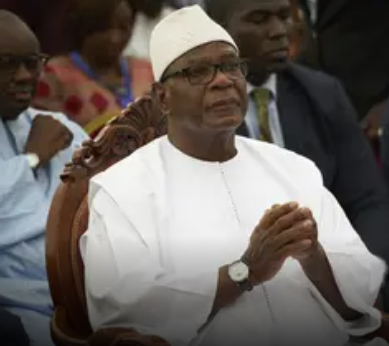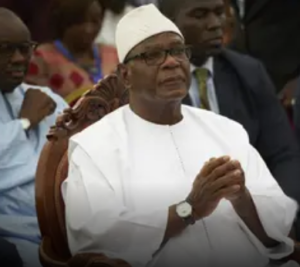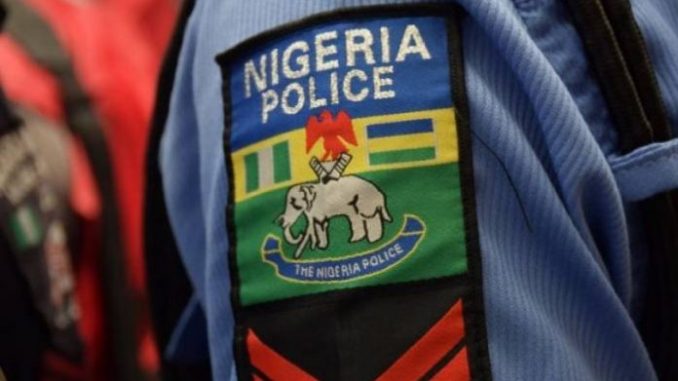Malian President, Ibrahim Keita, on Wednesday, said he was resigning to avoid “bloodshed”, hours after his arrest by troops in a sudden coup that followed a months-long political crisis in the West African nation.
The government has also been struggling to contain an Islamist insurgency that first emerged in 2012 and has claimed thousands of lives
Taking advantage of the crisis in the country, rebel soldiers moved against the government, detained the president and Prime Minister Boubou Cisse on Tuesday afternoon and drove the pair to a military base in the town of Kati, near the capital Bamako, which they had seized that morning.
Jubilant crowds in the city centre, gathered to demand Keita’s resignation, had cheered the rebels as they made their way to the 75-year-old’s official residence.
Keita appeared calm as he appeared in a state television broadcast after midnight to declare the dissolution of the government and national assembly, and said he had no choice but to resign with immediate effect.
“If it pleased certain elements of our military to decide this should end with their intervention, do I really have a choice?” he said of the day’s events.
“(I must) submit to it, because I don’t want any bloodshed.”
It was unclear whether Keita was still in custody at the Kati base, which in a twist of fate was also the site of the 2012 putsch that brought him to power.
Recall that Mali had been in the grip of a deep political impasse since June, and Keita had faced increasingly strident demands for his resignation.
The June 5 Movement, named for the date of its first protest, has channelled deep anger over a dire economy, perceived government corruption and a brutal jihadist conflict.
The opposition alliance’s anti-Keita campaign veered into crisis last month when at least 11 people were killed over three days of unrest that followed a demonstration.
On Tuesday, August 18, 2020, neighbouring states, France and the European Union all warned against any unconstitutional transfer of power as the coup played out.
UN Secretary-General Antonio Guterres demanded the “immediate and unconditional release” of Keita and Cisse as diplomats in New York said the Security Council would hold emergency talks on Wednesday.
The Economic Community for West African States (ECOWAS) condemned the coup in a statement, pledging to close land and air borders to Mali and push for sanctions against “all the putschists and their partners and collaborators”.
The 15-nation bloc — which includes Mali — also said that it would suspend the country from its internal decision-making bodies.
As the day unfolded, the United States and France released separate statements voicing deep concern about the turn of events and urged against regime change.
French President Emmanuel Macron had also discussed the crisis with his counterparts in Nigeria, Ivory Coast and Senegal and expressed his “full support for the ongoing mediation efforts of West African states”.






